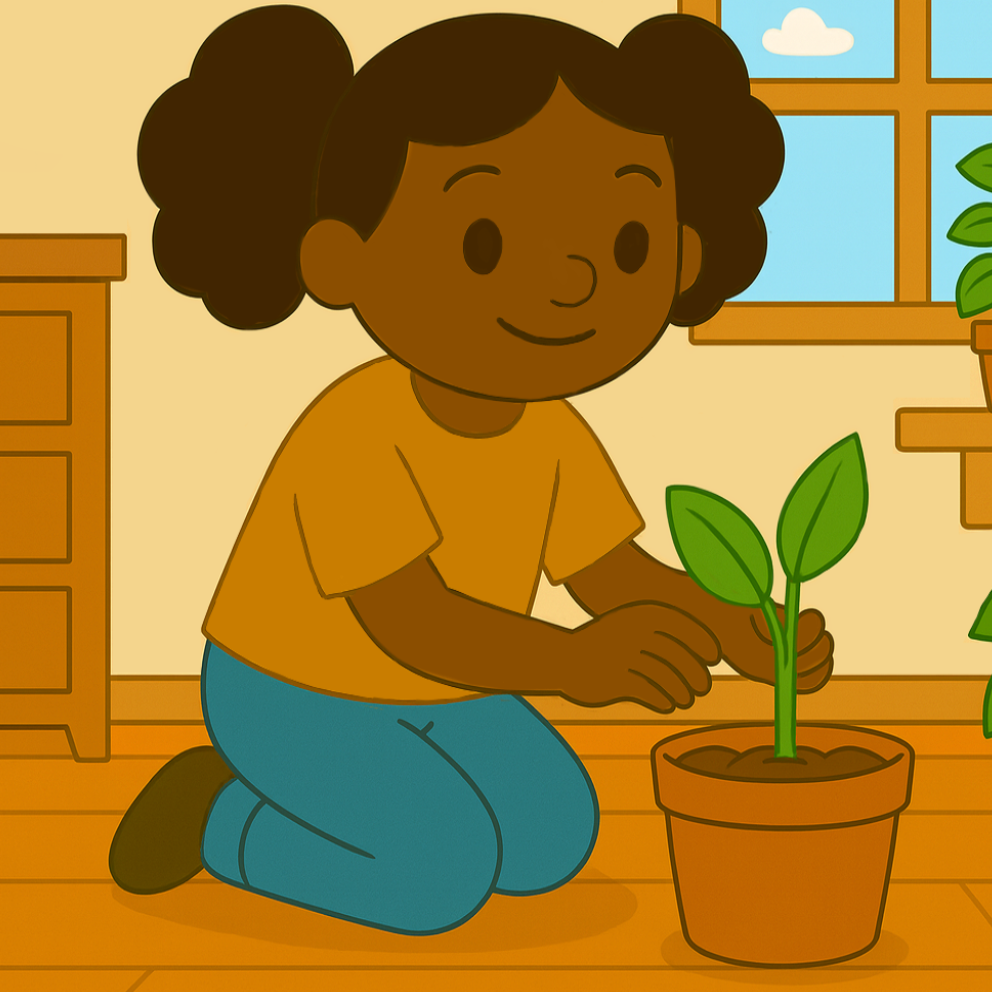
How Kids Make Sense of “What-If” Situations
Language and Learning Lab (University of Toronto)
研究・調査への参加資格 |
For 3- to 4-year-olds who are fluent in English (either monolingual English speakers, or multilingual with regular (75% or more) exposure to English in their daily lives, counting both at home and at school). |
研究・調査の流れ |
This study will take place over a video call with a researcher. Clicking on the “Schedule a time to participate” button will send you to an online calendar where you can select a date and time that works for you. Your child will take part in an activity involving familiar tasks, such as watering a plant or shaking glitter onto a card. In the activity, your child will see that two objects can be used to complete a task (for example, either glitter shaker can make the card sparkly). Your child will complete either a game-based version, where they help the researcher choose which object to use first, or a story-based version, where they watch the same completion of an activity but in a story format where a story character makes the choice. After the activity, your child will be asked what had happened and what they think would have happened if one of the choices had not been made. |
現在の研究・調査 |
The purpose of this study is to help us better understand how children think about “what-if” situations. This type of thinking is called counterfactual reasoning, which means imagining how things could have turned out differently if something in the past had been different. Children can answer simple “what-if” questions about situations with just one cause. For example, if a plant’s soil is dry and you water it with one can, the soil becomes wet. Children could reason that if the watering had not happened, the soil would have stayed dry. However, it gets more challenging for children to reason about situations when there are two different causes for the same outcome. For example, if you use one watering can, the soil becomes wet, and if you also use a second watering can, the soil becomes even wetter. In this case, the soil ends up wet no matter which can is used. What we do not know yet is whether children’s reasoning about these situations changes depending on perspective. They may reason differently when they are thinking about their own choices in an activity, and another way when they are watching someone else’s choices in the same situation. In this study, we aim to find out whether perspective-taking affects how children answer “what-if” questions about events with two causes. |
期間 |
10 minutes |
謝礼 |
For families residing in Canada, you will receive a $5 gift card to Indigo after participation. For families residing in the United States, you will receive a $5 gift card to Amazon.com after participation. To be eligible for compensation, you must meet all of the following criteria: (1) Your child falls within the specified age range for this study, and meets the language requirements and (2) you provide recorded verbal consent for your child's participation in the study and submit the demographic form. Each child is eligible to participate to receive a gift card only once; participants cannot do the study more than once for compensation. You will receive your gift card via email within 1-10 business days after participation. |
この研究・調査を実施している研究者/研究グループ Patrycia Jarosz (contact: patrycia.jarosz@utoronto.ca).